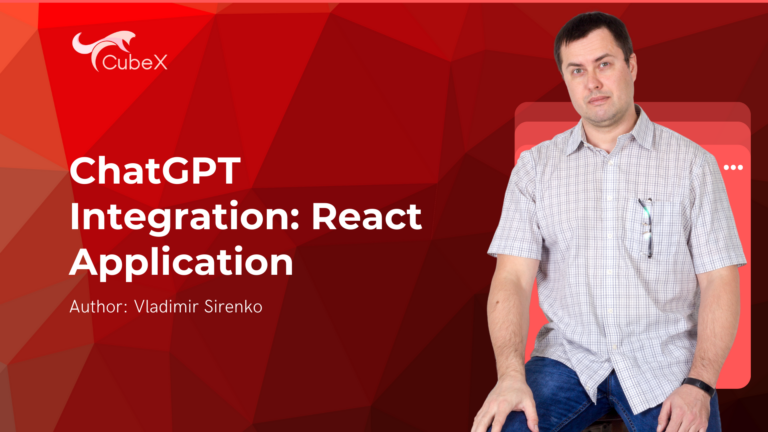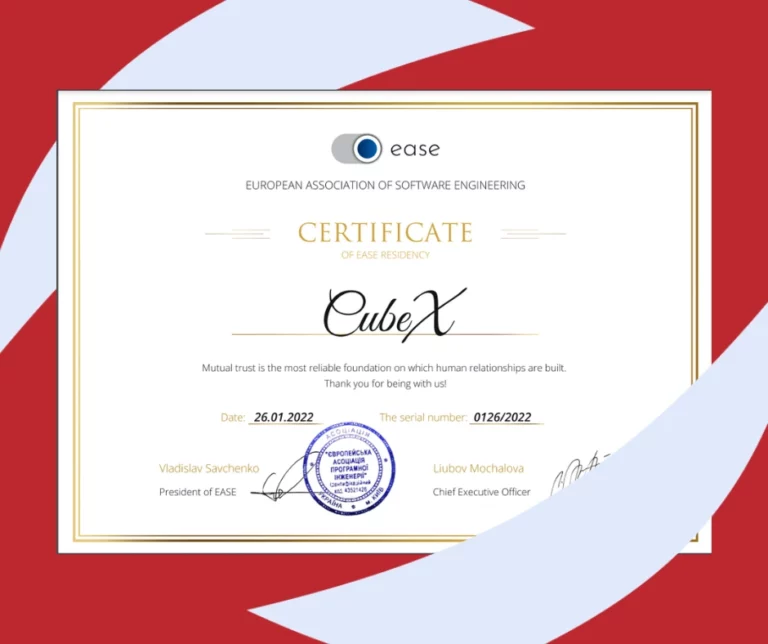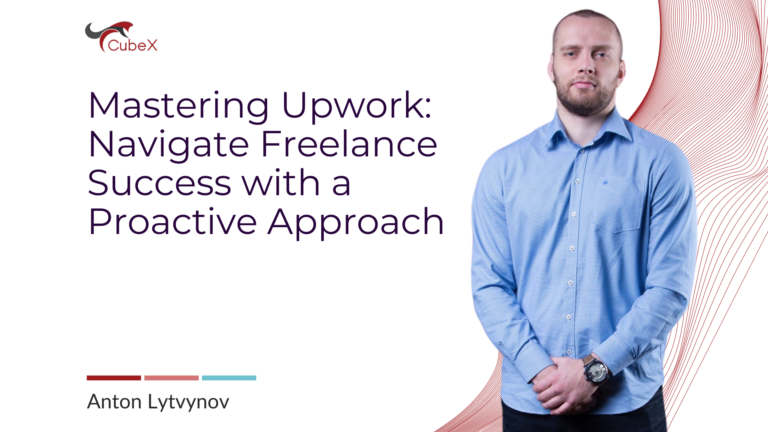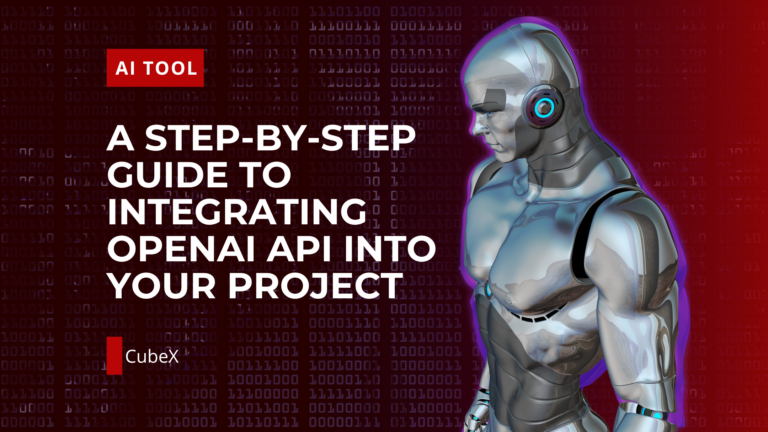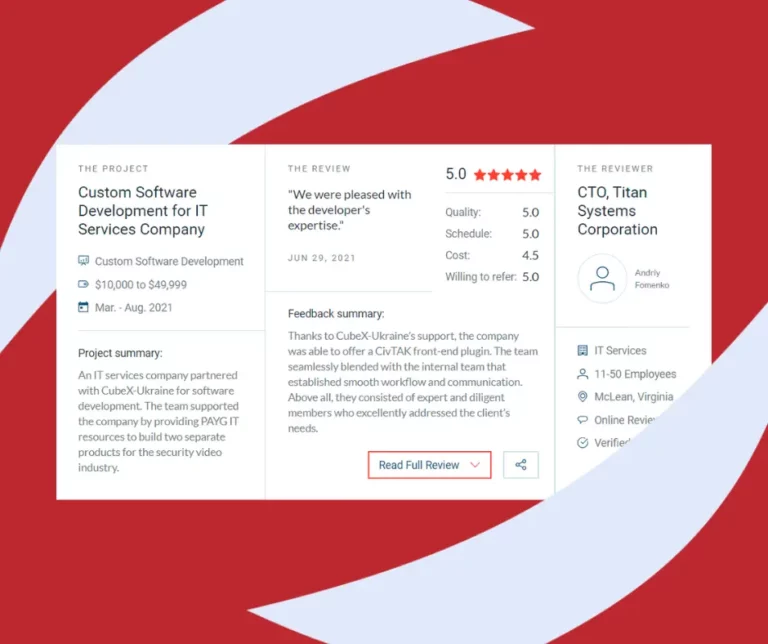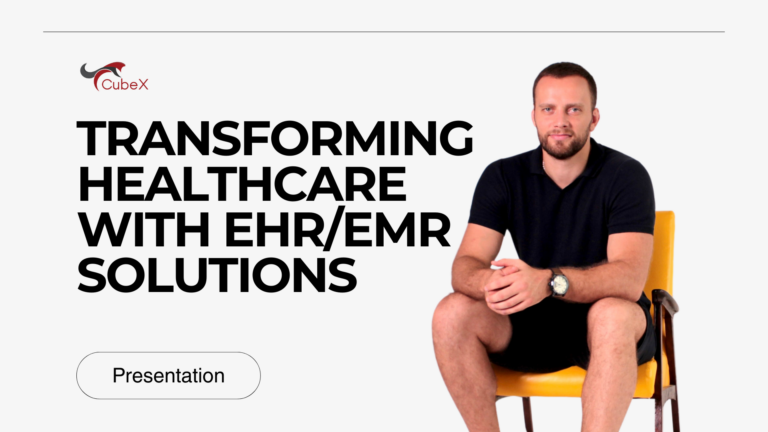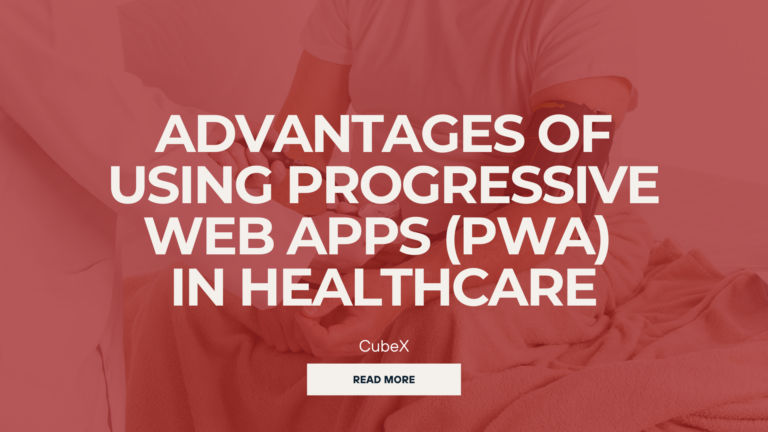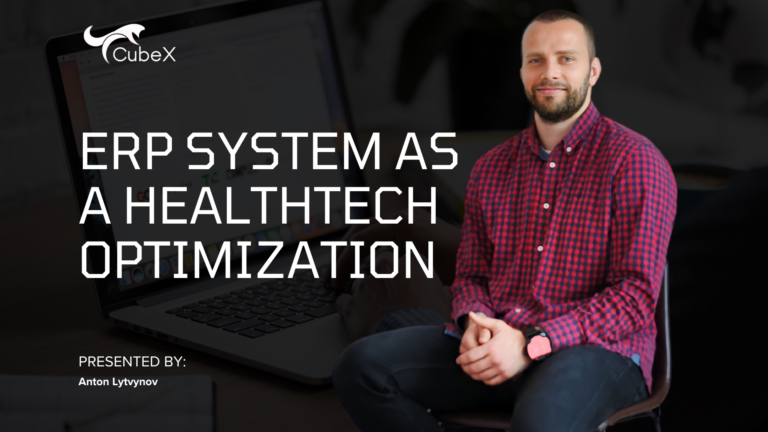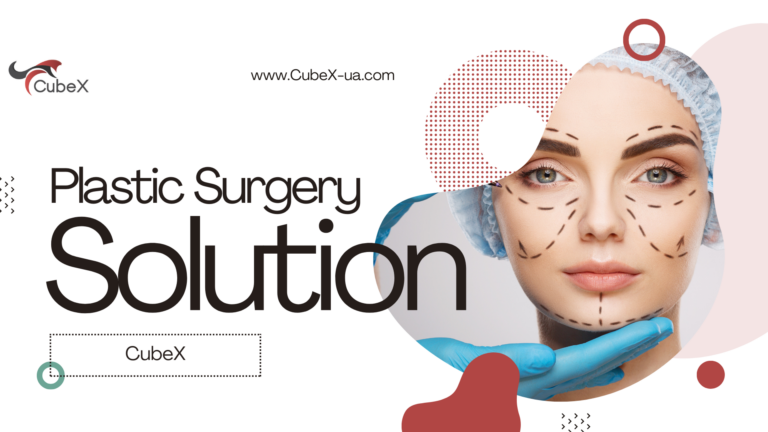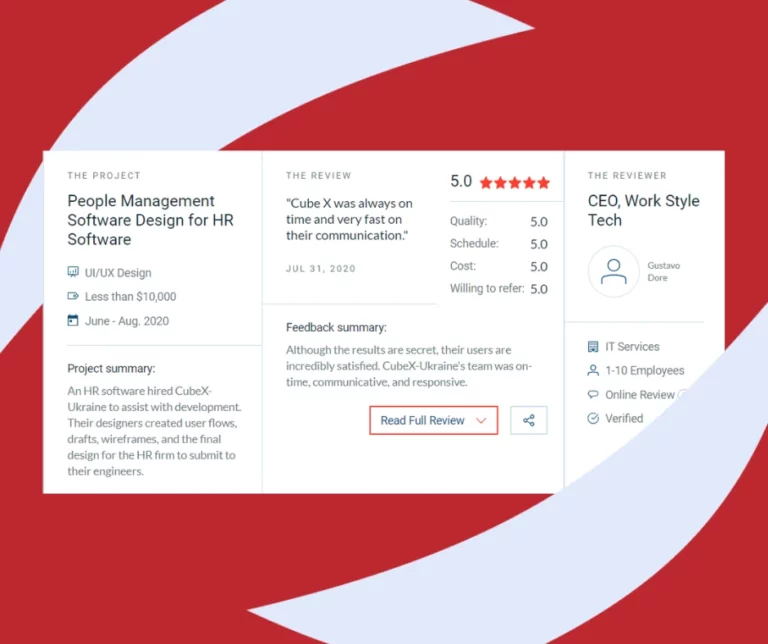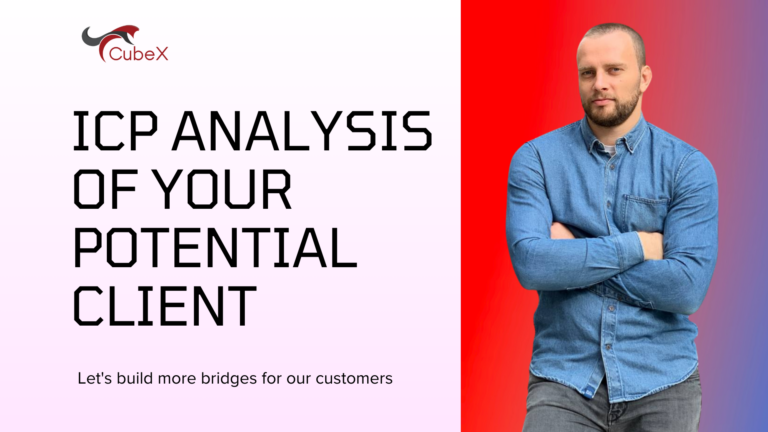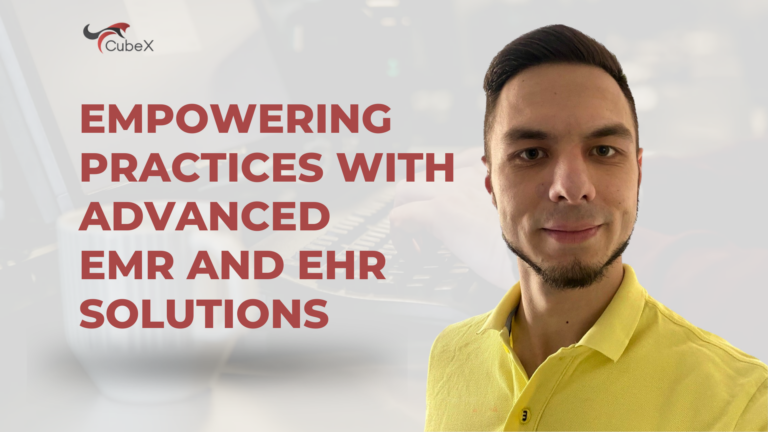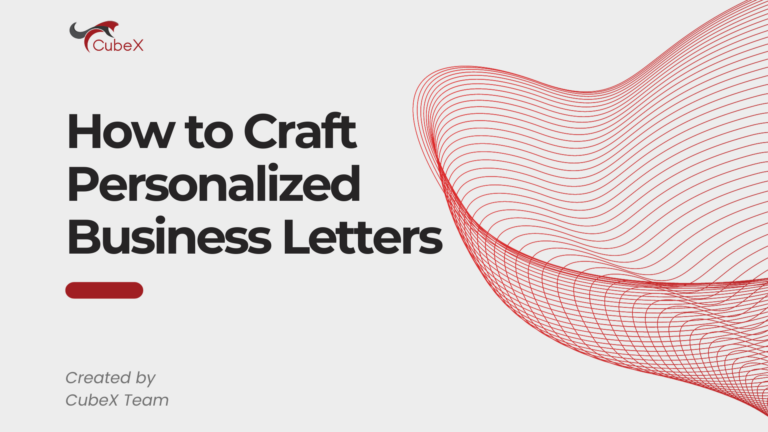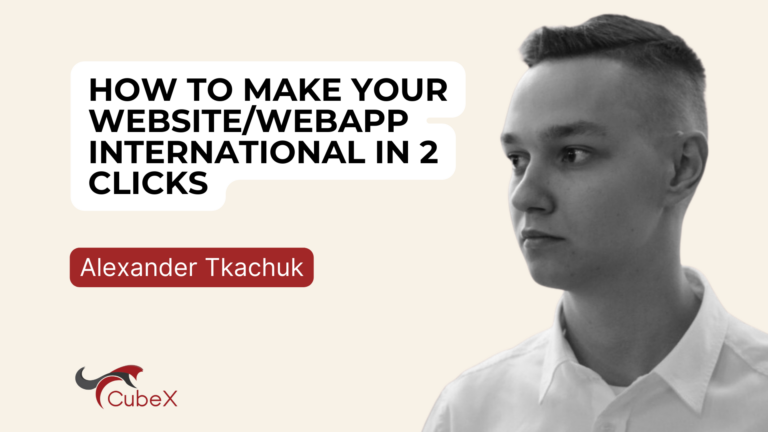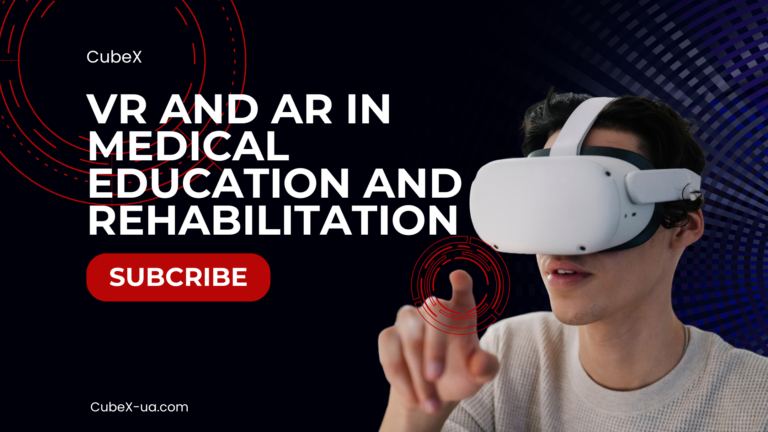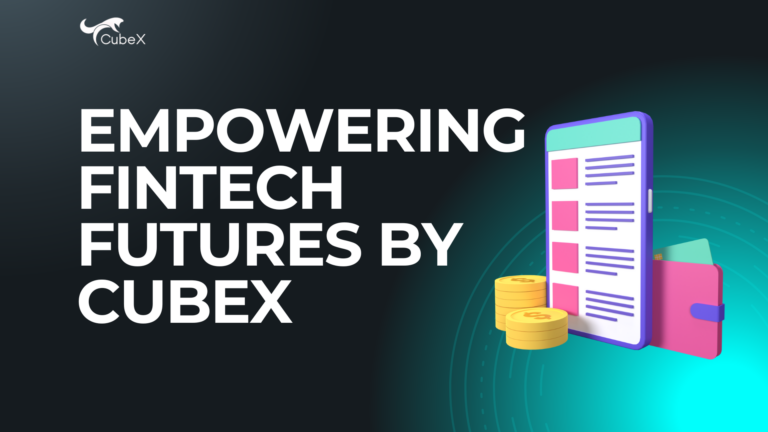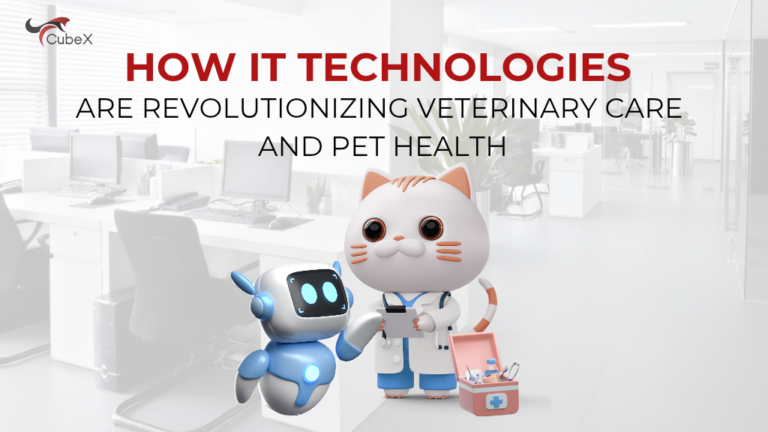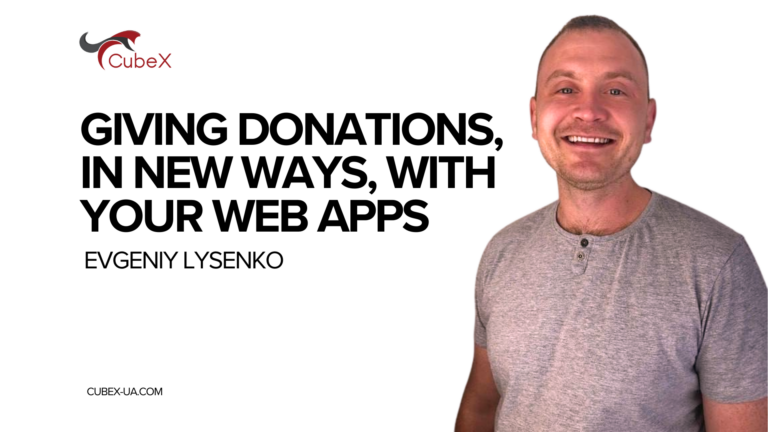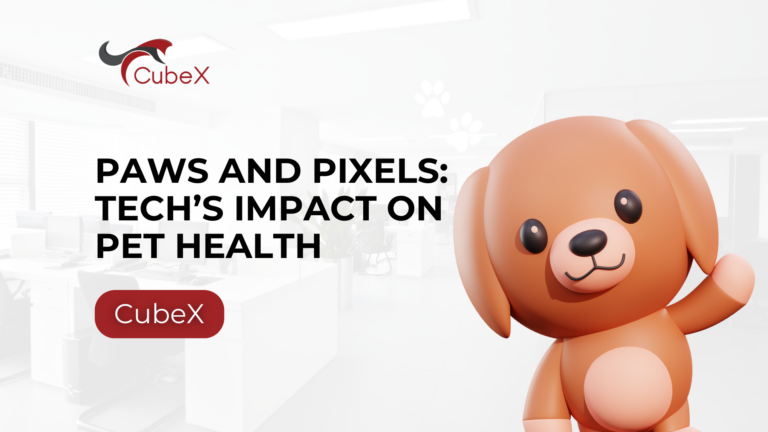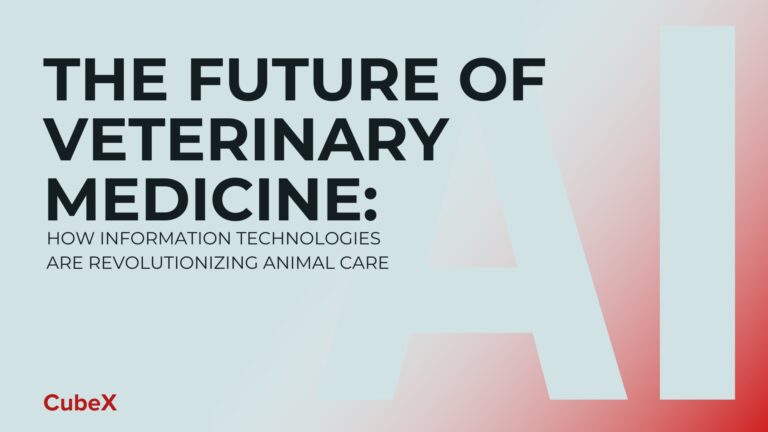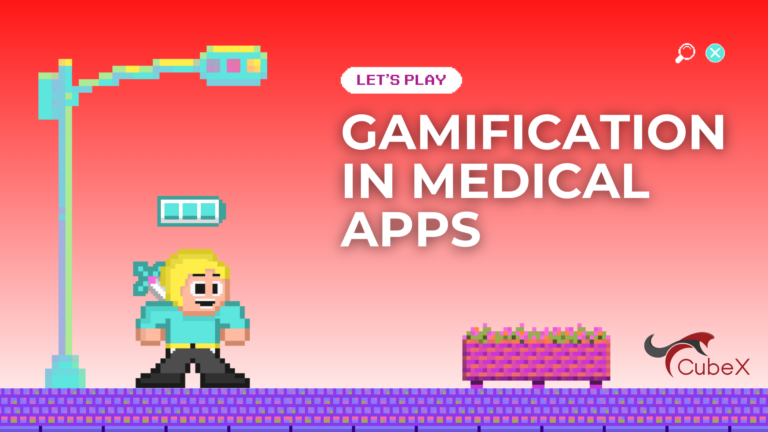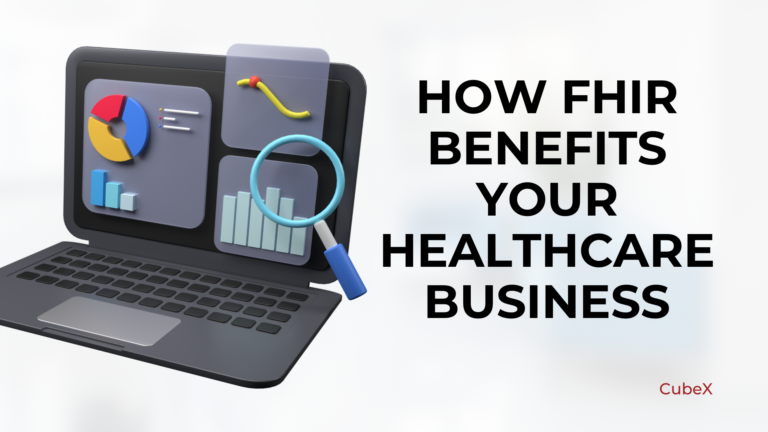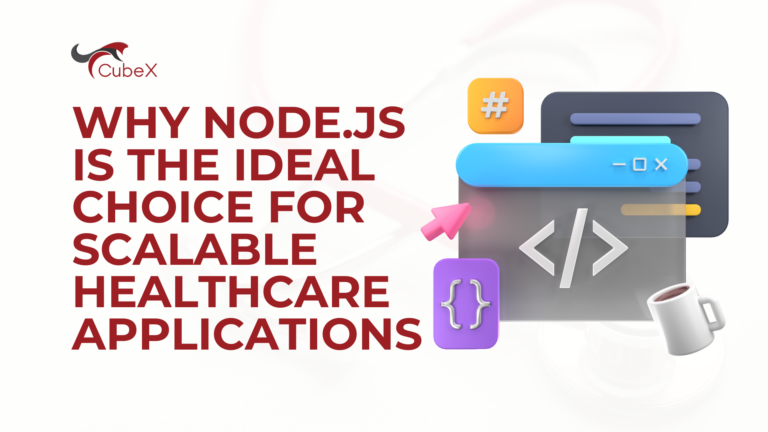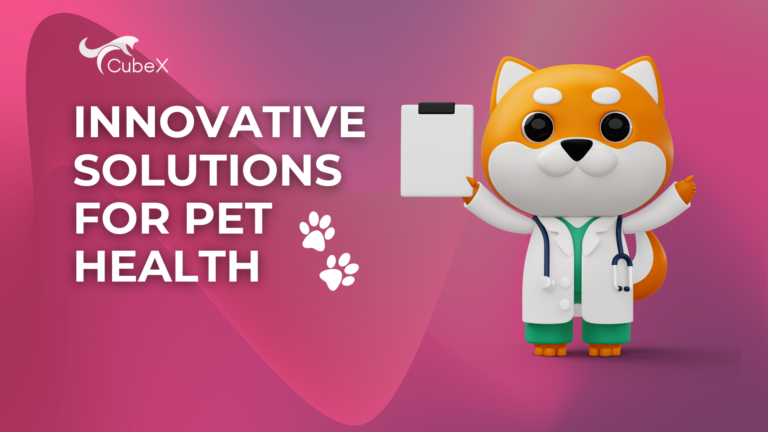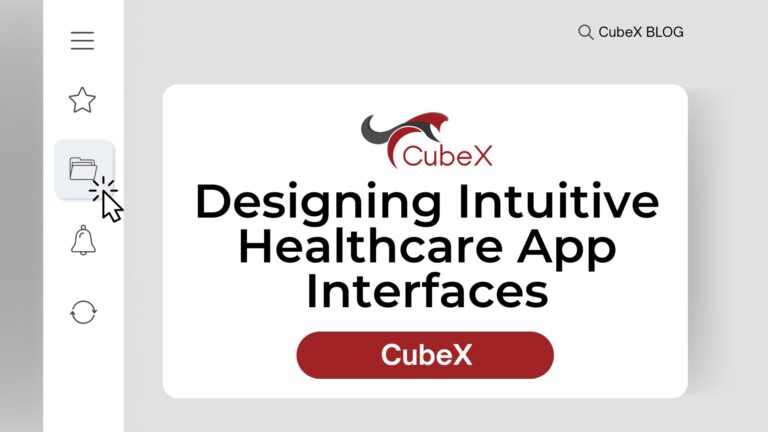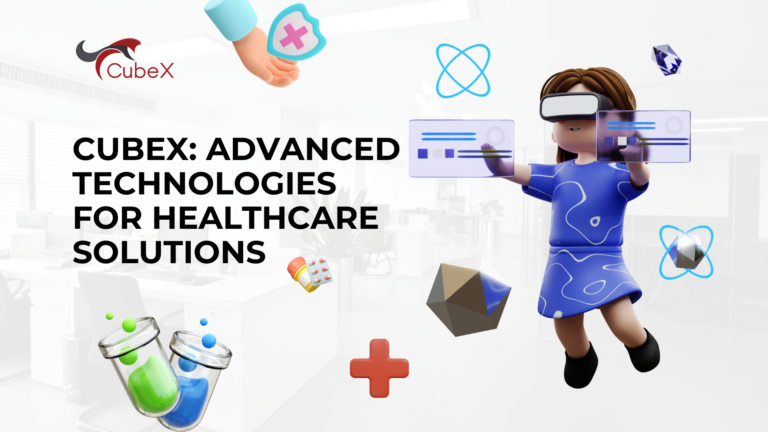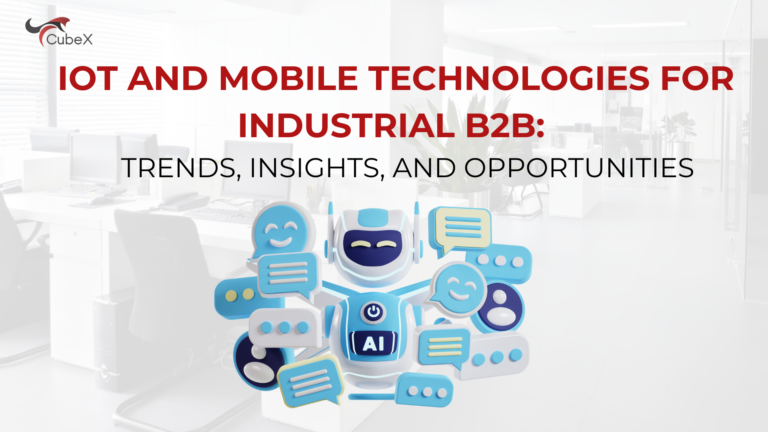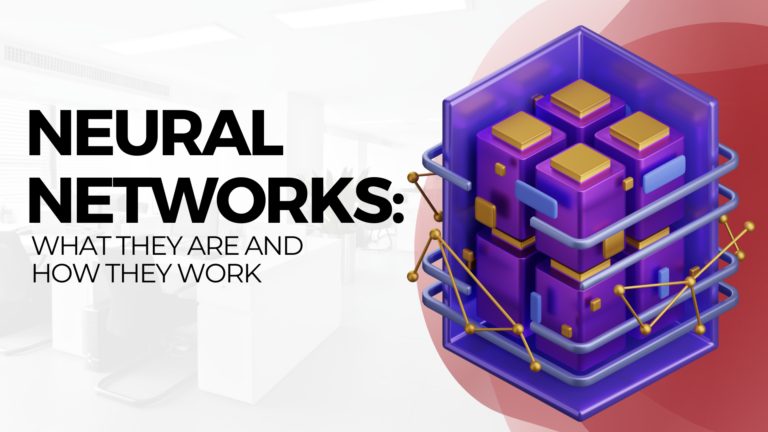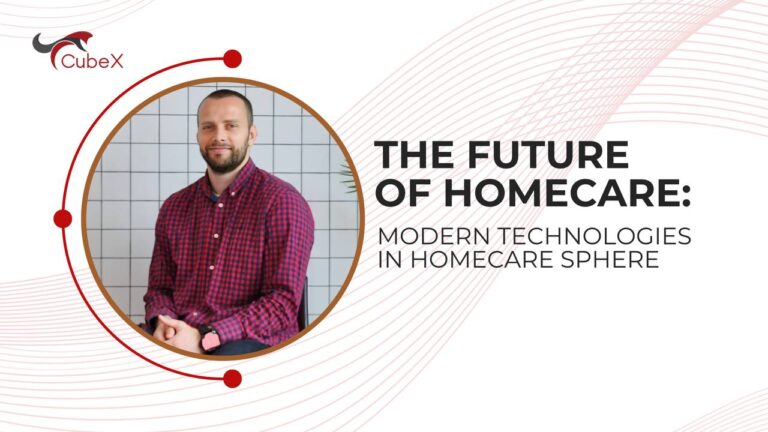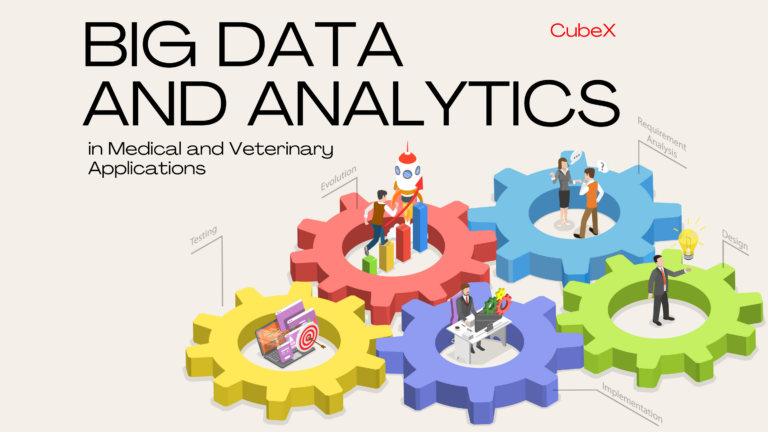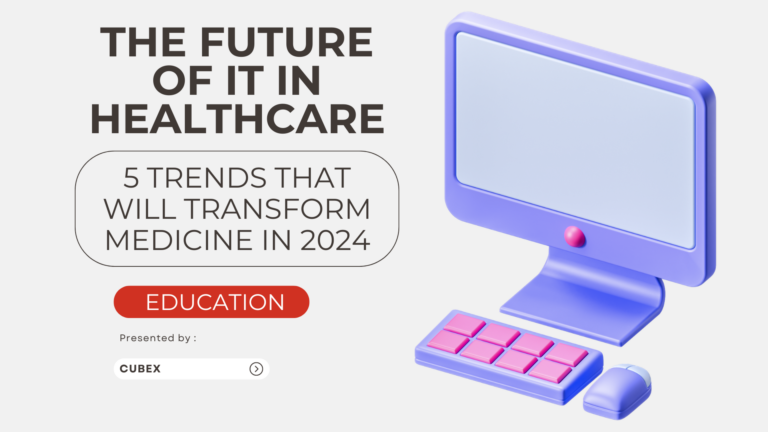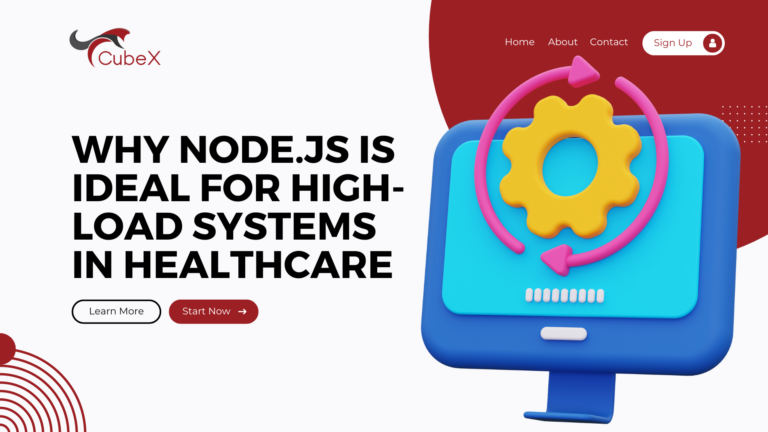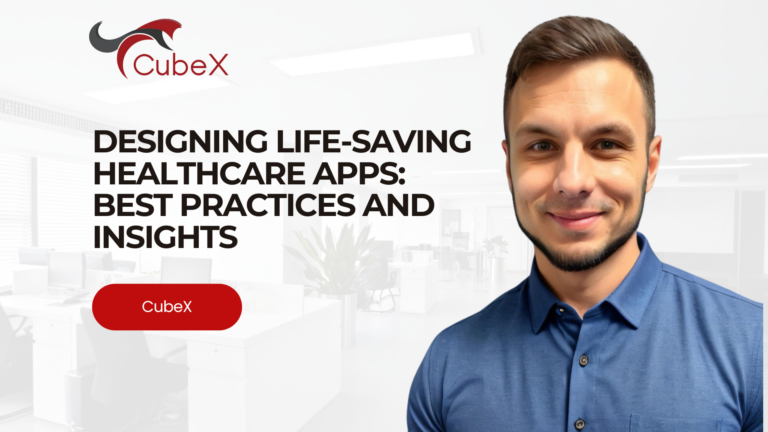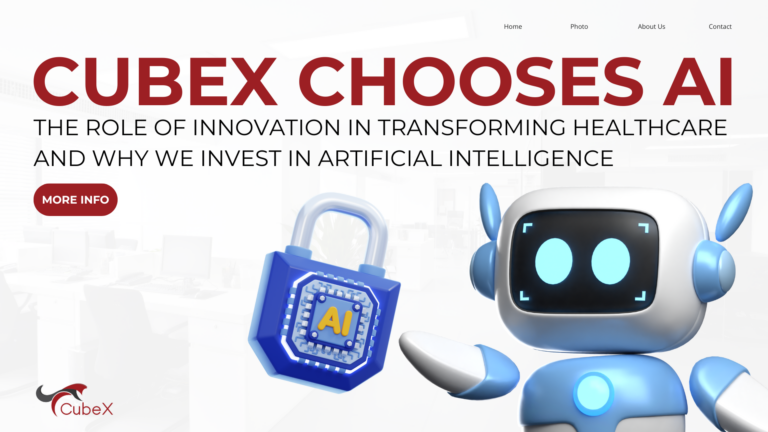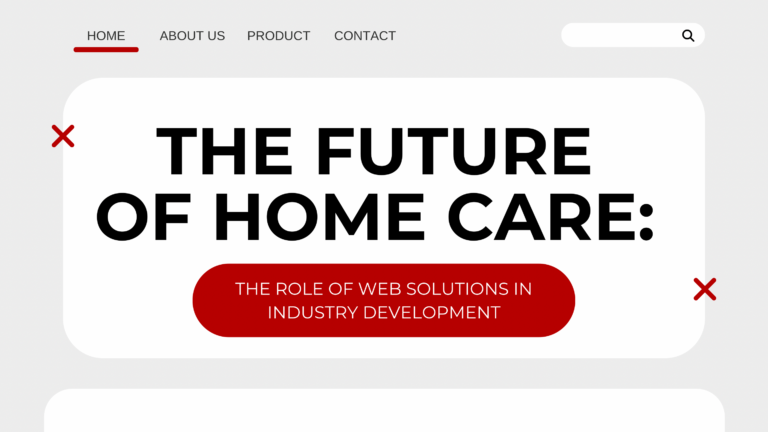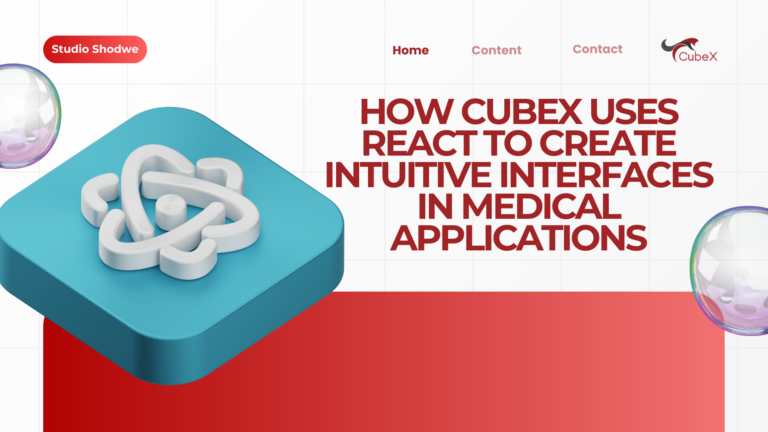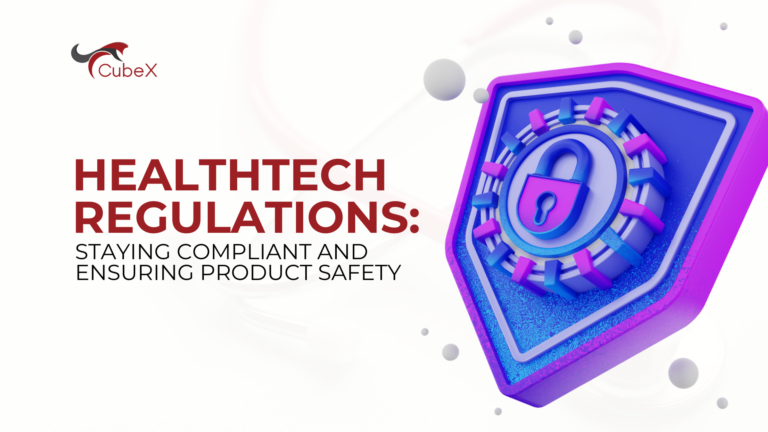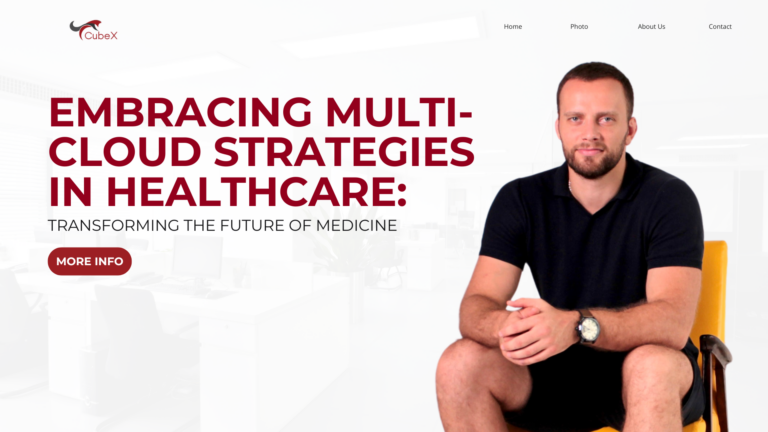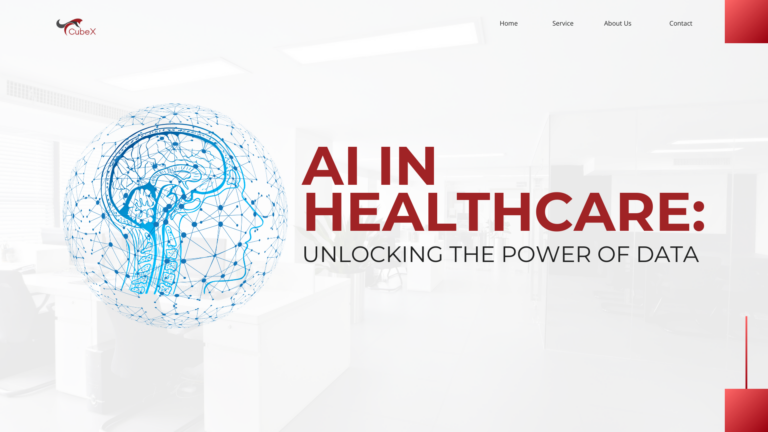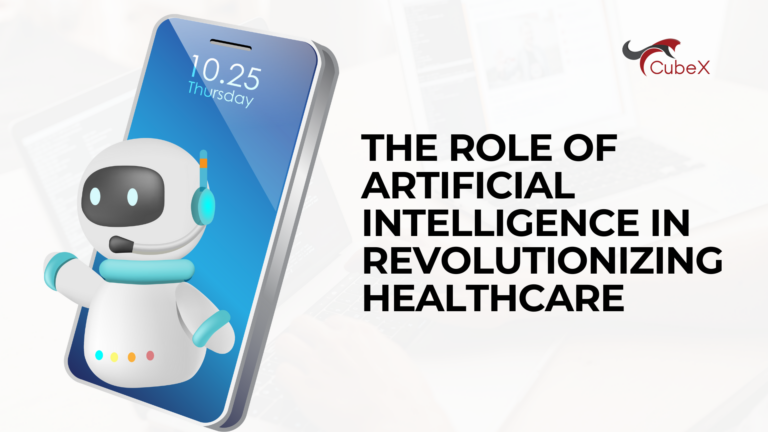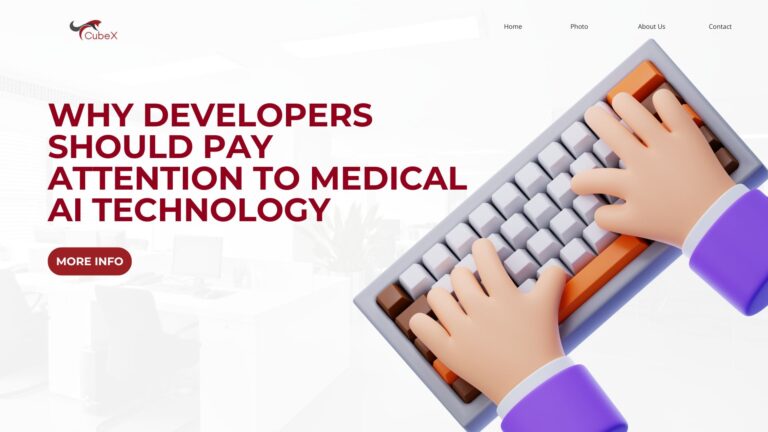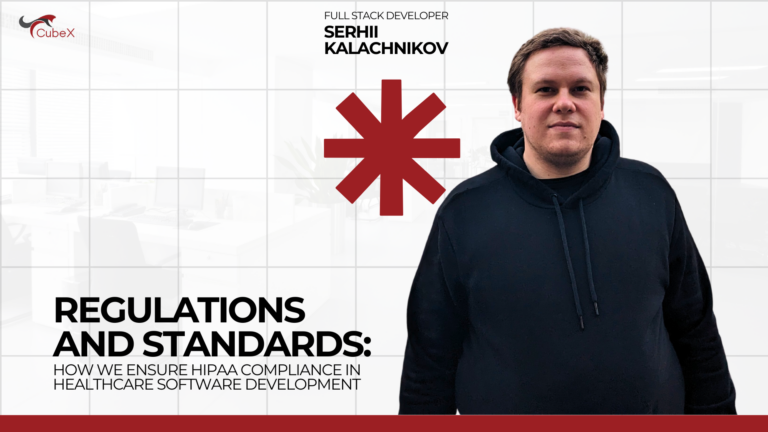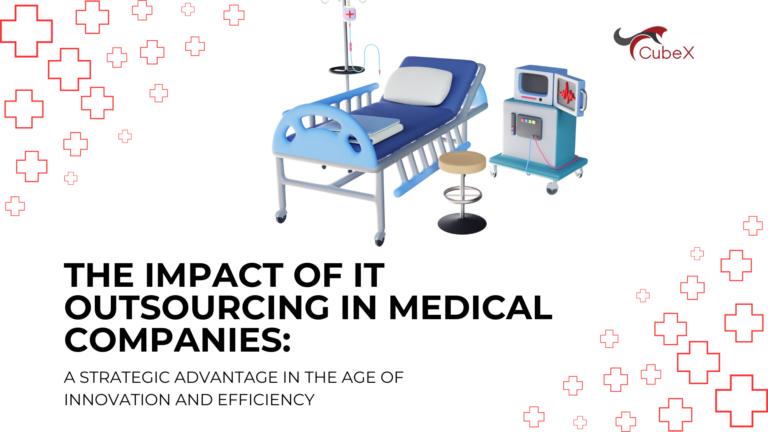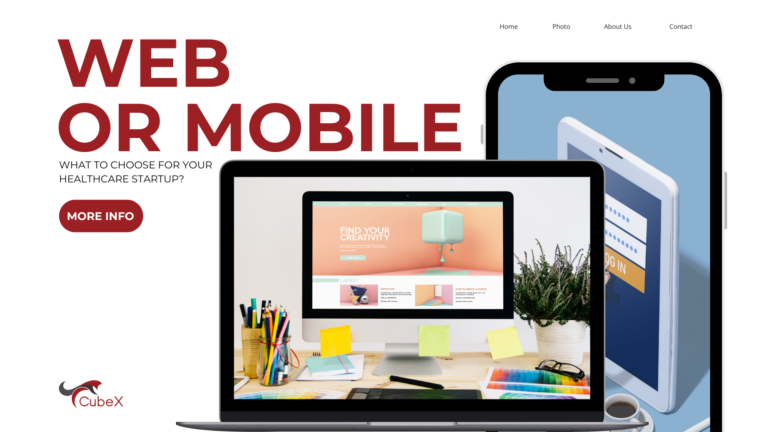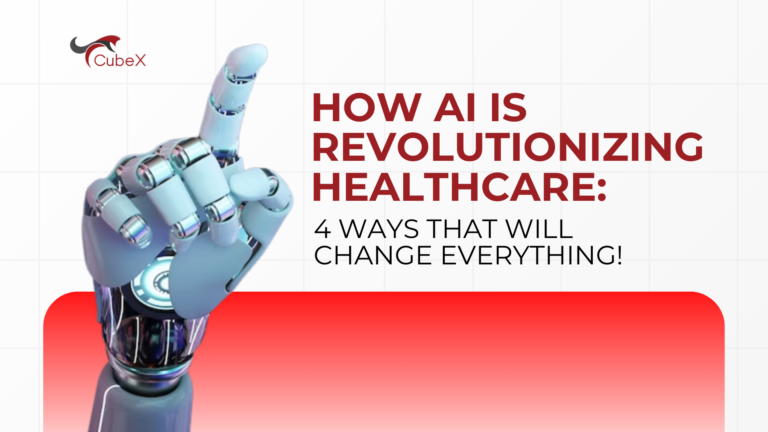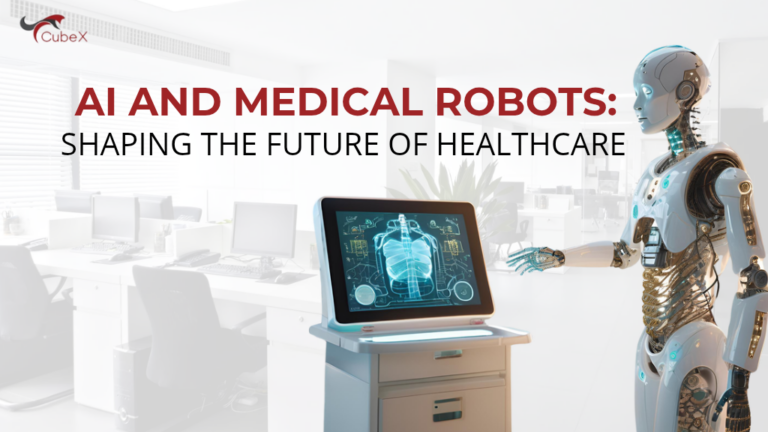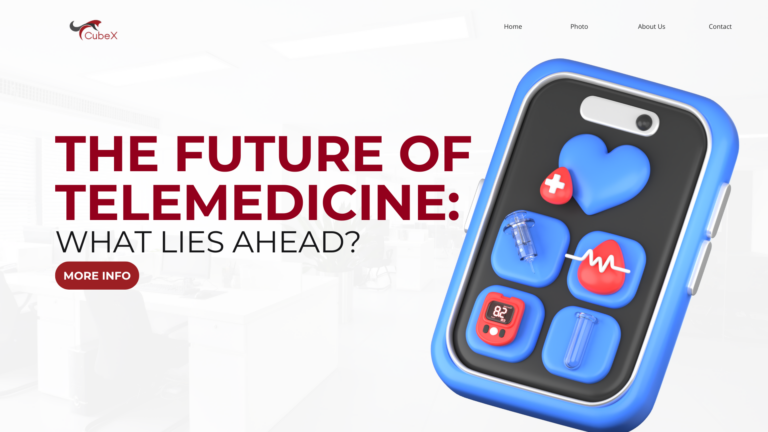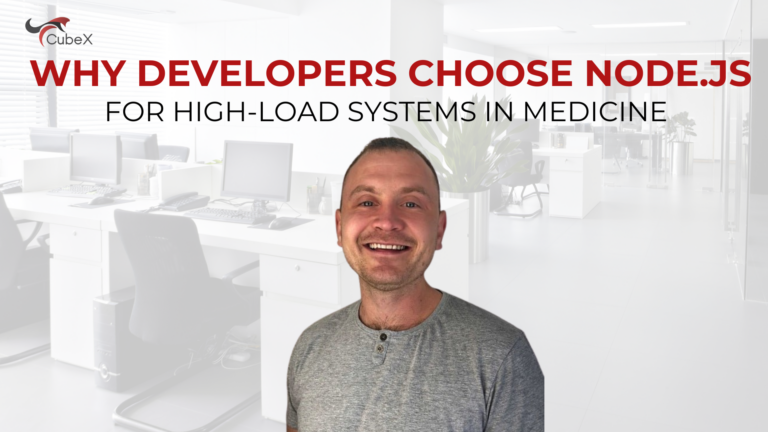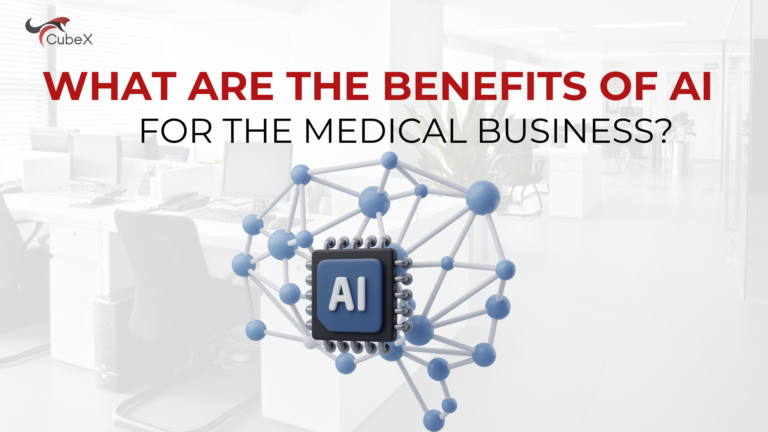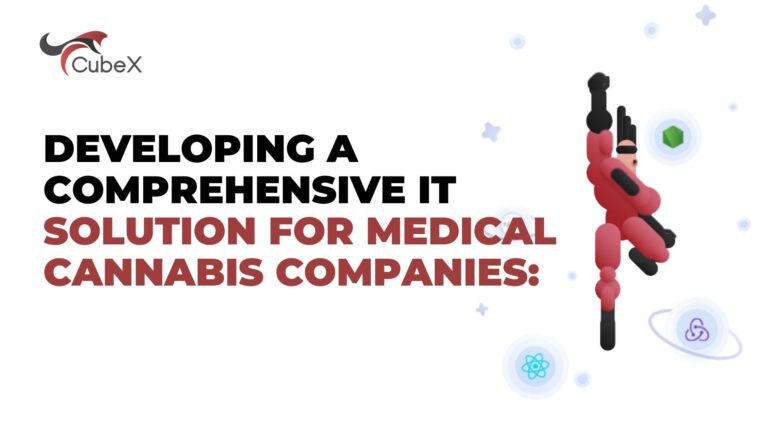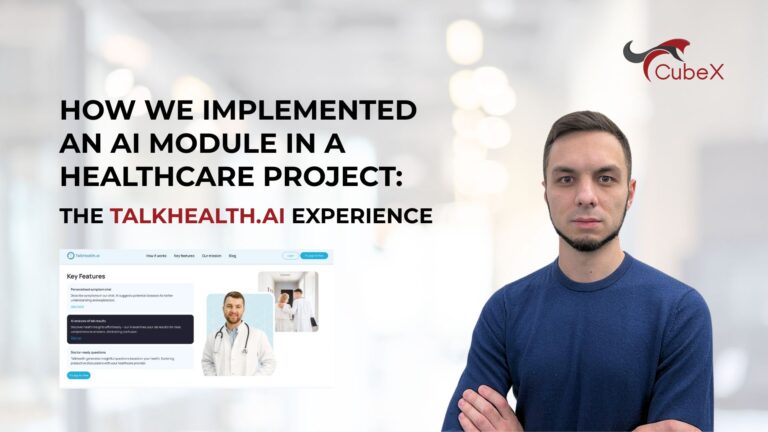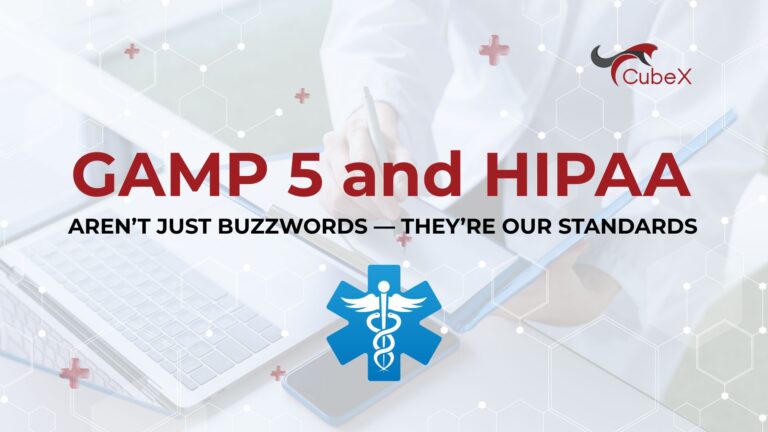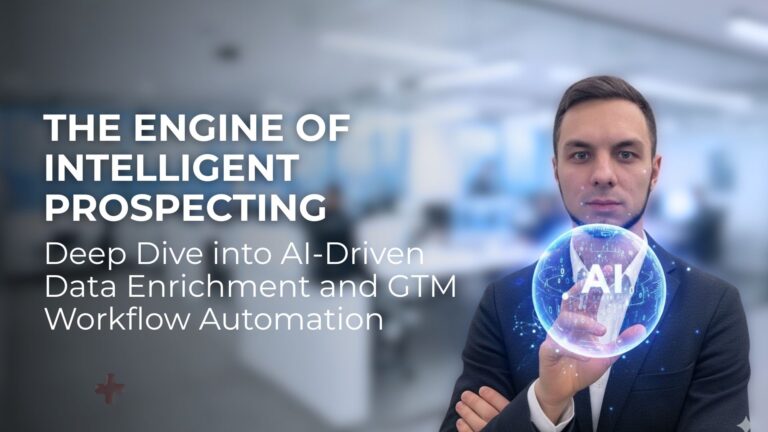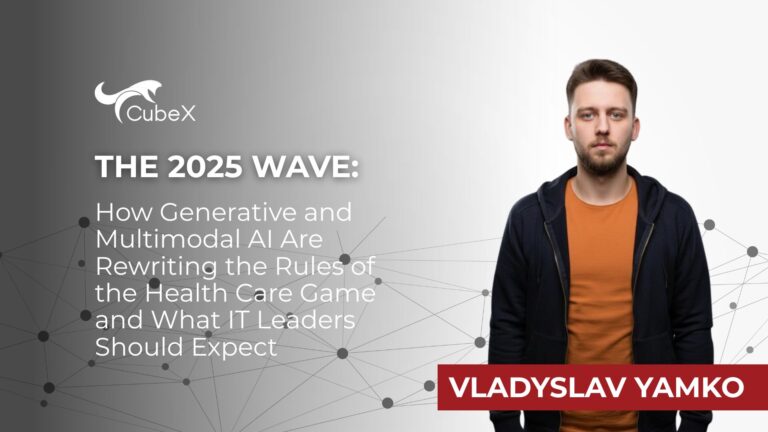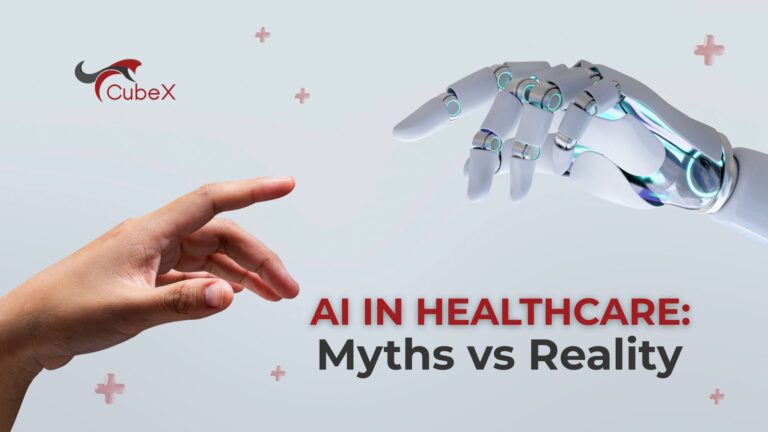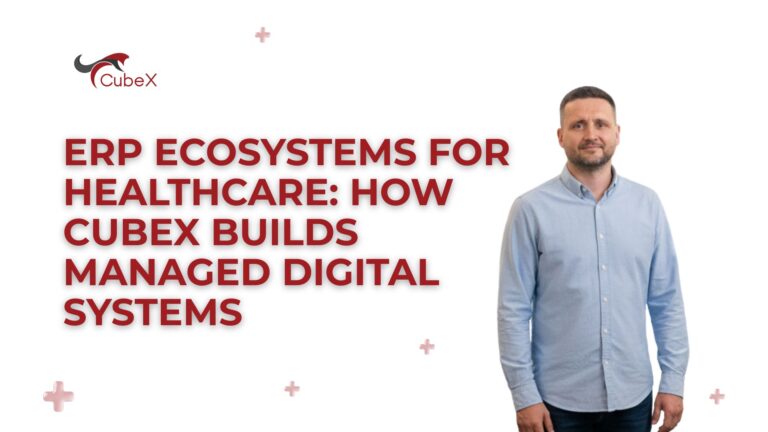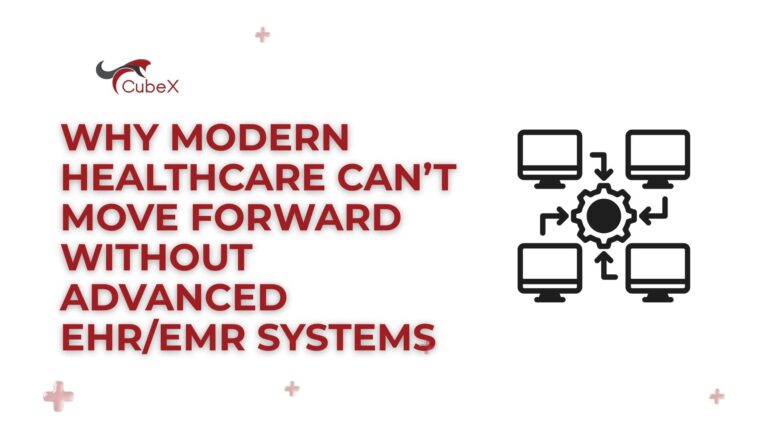Artificial Intelligence in Healthcare: From Diagnostics to Automation — A Turning Point for the Industry
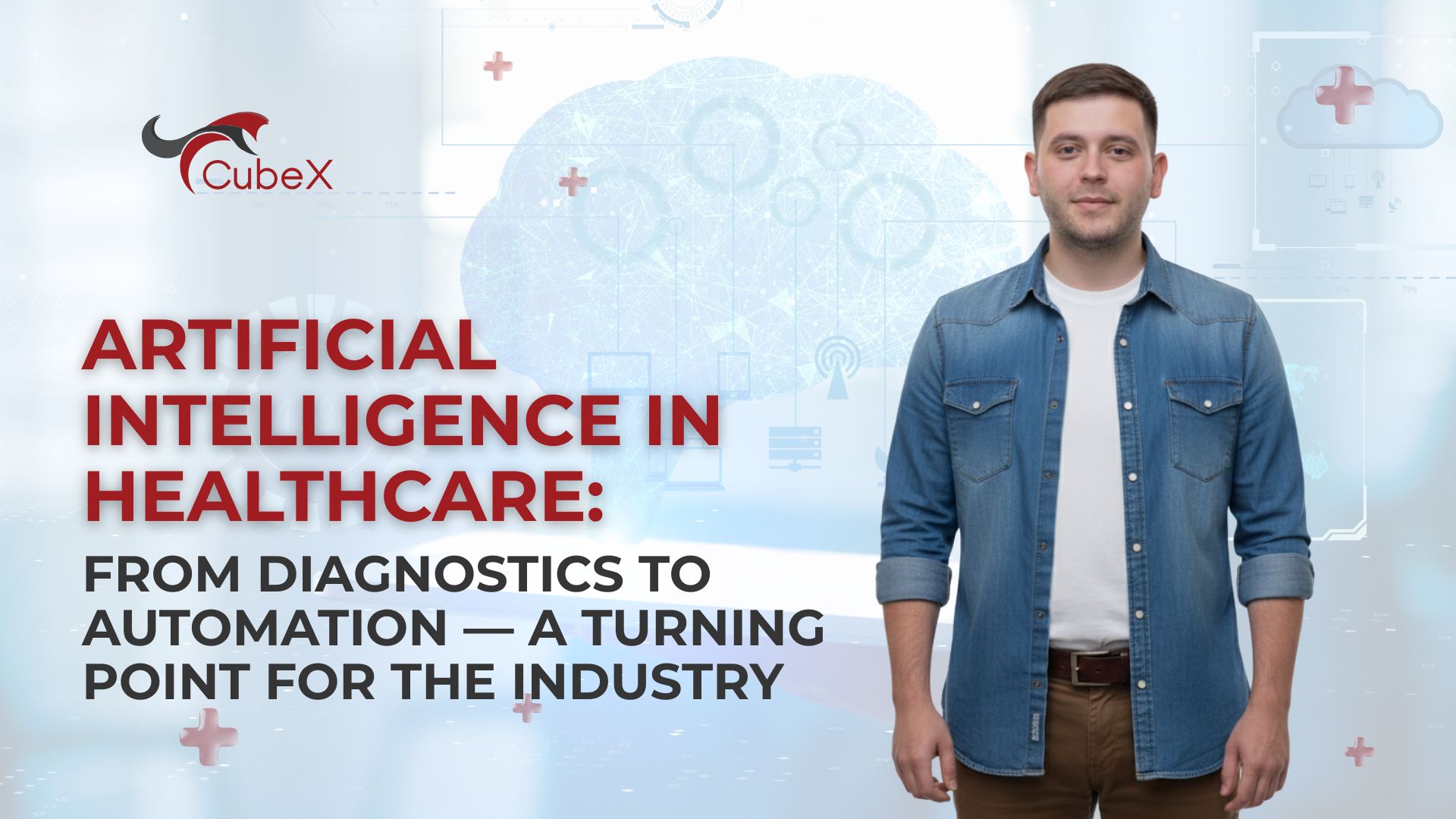
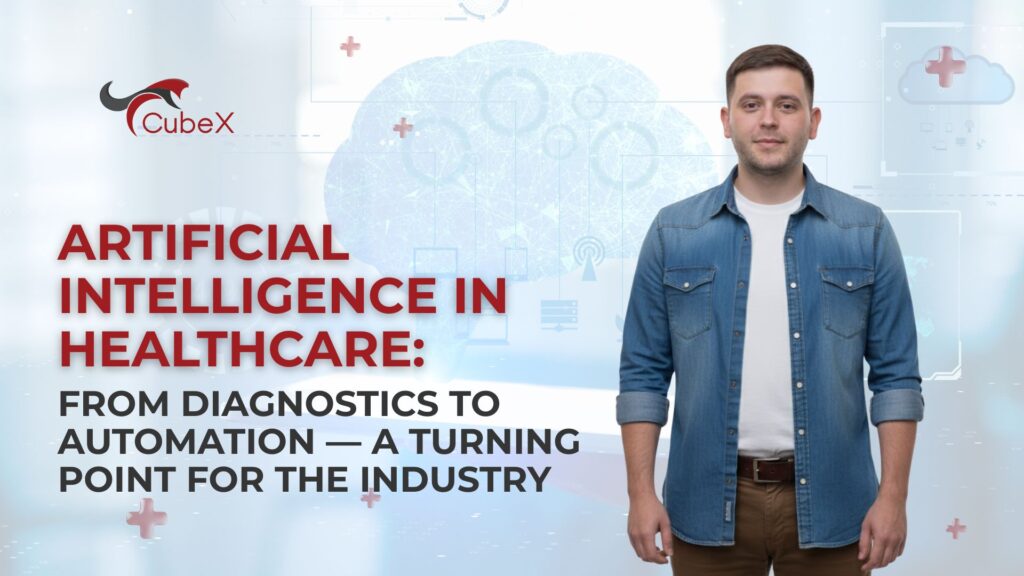
Ten years ago, the idea of artificial intelligence in healthcare sounded like a futuristic dream. Today, it is not only a reality but a necessity. Leading hospitals and startups around the globe are adopting AI to analyze medical images, support diagnostics, and streamline administrative workflows.
AI in Diagnostics: Precision and Speed
One of the greatest challenges in modern medicine is the shortage of healthcare professionals and the growing pressure on clinical systems. AI is emerging as a powerful solution.
- Medical imaging (X-rays, MRI, CT scans) can now be analyzed in seconds, with accuracy that often rivals — and sometimes exceeds — human experts.
- Early detection of conditions such as lung cancer or diabetic retinopathy becomes more feasible through machine learning.
According to Stanford Medicine, AI in radiology can reduce diagnosis time by 30–40% and boost accuracy to 94–96%.
A Partner, Not a Replacement
Despite fears that “robots will replace doctors,” AI is proving itself to be a partner, not a competitor. It supports decision-making and frees clinicians to focus on what truly matters — patient care.
- Automated summaries of patient histories allow doctors to navigate complex cases more efficiently.
- Risk prediction models, trained on large datasets, enable personalized treatment strategies.
Automating Administrative Tasks
In the United States alone, administrative expenses account for up to 25% of total healthcare spending. AI is already reshaping this space by:
- automating form completion,
- streamlining patient record management,
- optimizing scheduling.
The result: more resources redirected toward patient outcomes instead of paperwork.
Challenges and Questions of Trust
Yet, the road to AI integration is not without obstacles:
- Transparency of algorithms: clinicians need to understand how decisions are made.
- Data protection: in a world governed by HIPAA and GDPR, security is paramount.
- Ethical dilemmas: who is accountable if an AI makes an error?
These questions underscore the importance of collaboration between technology providers, medical experts, and regulators.
What This Means for Founders and the B2B Market
For founders and B2B players, AI is more than a tool — it is a competitive edge. It enables:
- the creation of innovative products for hospitals and clinics,
- streamlined operations within healthcare businesses,
- faster entry into international markets.
Deloitte forecasts the AI in healthcare market will surpass $188 billion by 2030. The message is clear: those who embrace innovation today will shape the industry tomorrow.
👉 If you are a HealthTech founder looking for a trusted technical partner to combine AI innovation with real-world medical needs, Cubex is here to help. We design solutions built to withstand the rigor of clinical practice and deliver true value to doctors and patients alike.
📩 Get in touch with us to explore how AI can turn your idea into a scalable healthcare product.
Contact Us
Please contact us for any further information


